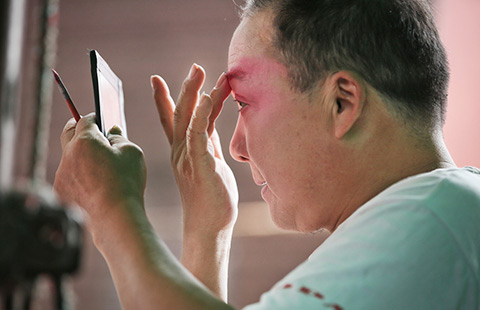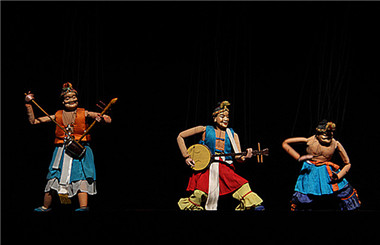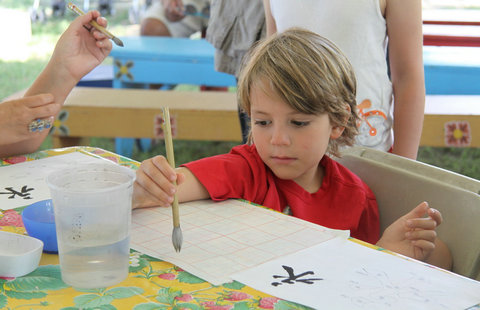Recounting a chapter in story of Chinese bookstores
By Wang Kaihao ( China Daily ) Updated: 2015-11-18 08:01:56
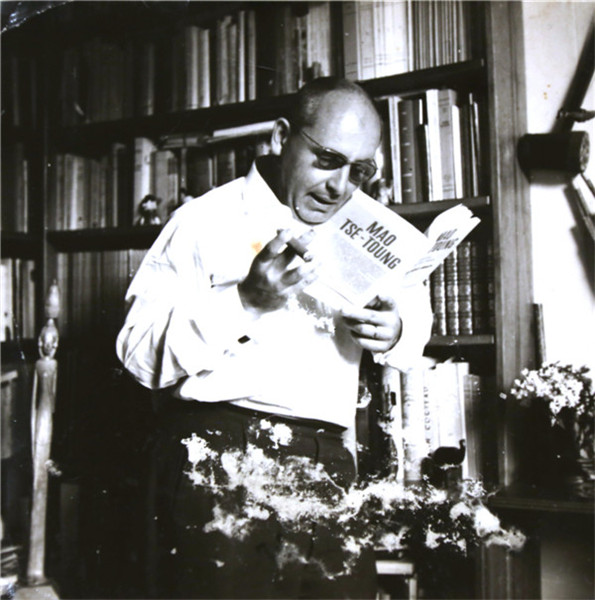 |
|
A file picture of Regis Bergeron, founder of Phoenix Bookstore in Paris. [Photo provided to China Daily] |
However, after being "a guerilla" running away from police officers, he found a permanent base with the help of a local Chinese sponsor.
Guanghwa not only sold books, it also organized free seminars where it invited artists and scholars to give lectures.
Tang's recent visit to Beijing was to attend the "2015 You Bring Charm to China" award ceremony hosted by Tianjin Television.
Tianjin Television recently produced a documentary on seven landmark Chinese bookstores around the world. It is yet to be released.
For the Western world, these bookstores helped open a door to an isolated country.
When Nicolette Noyes followed her father and their 4-year-old China Books from Chicago to San Francisco in 1963, what it faced was misunderstanding.
"Some people were afraid to come into our store because they heard that the FBI (US Federal Bureau of Investigation) was in our store," says Noyes, 70, recalling the tough years-from having a bookstore selling left-wing magazines and books transported from the Chinese mainland to becoming a window for local people to know about the country.
"Being a part of China Books, I could see interest developing in China, and I think China Books played a pivotal role in helping people understand China in the United States," she says, adding that she feels fortunate that the bookstore could be a bridge connecting the two countries.
How the bookstore survived is a miracle, considering that payments to China were then not allowed by American banks.
Money was sent to China only after the two countries established diplomatic relations in 1979.
Noyes' brother visited China in 1971 to represent the bookstore, even before the US national table tennis team and Richard Nixon, then US president.
China Books thus became the first American company to send a representative to New China.
In Paris, Philippe Meyer, the third-generation owner of Phoenix Bookstore, the first Chinese bookstore in France, recounts his family's struggles.
The bookstore in Paris was founded in 1965, one year after China and France established diplomatic relationship.
Meyer says: "The bookstore used to be the only channel offering Chinese language books in France.
"The bilateral relationship was not stable then, but when we chose books from China we wanted to keep a neutral voice, without bias, to let the French know a true China."
During the "cultural revolution", when most overseas Chinese bookstores focused on revolutionary books, the Phoenix Bookstore struggled to expand the variety it offered.
According to Meyer, books on ancient Chinese literature, history, and fine art like calligraphy, are among the most popular.
Chinese language textbooks comprise one-quarter of sales in the Phoenix Bookstore today, thanks to a growing trend of those wanting to learn Chinese.
About 20 percent of the books sold in France on Chinese culture or language studies are from this bookstore.
|
|
|
|
|
|
|
|
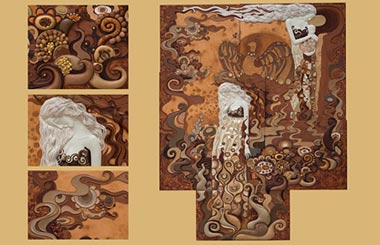
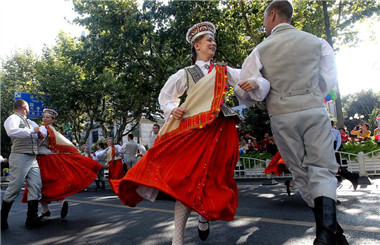

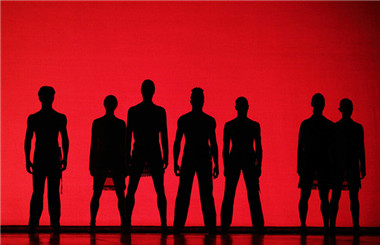


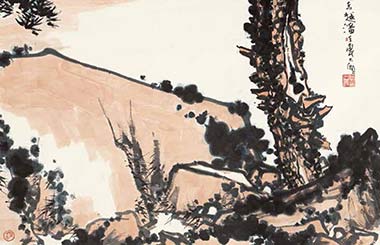
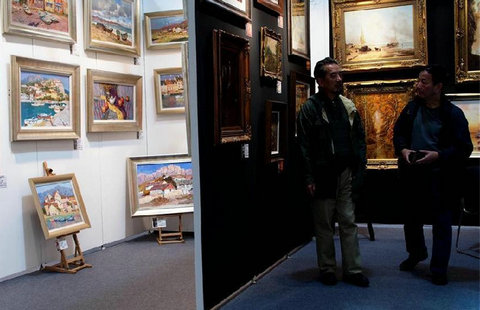
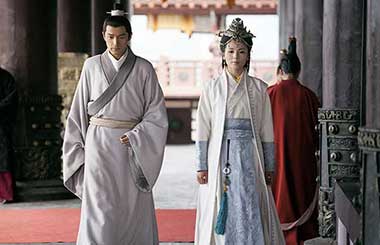









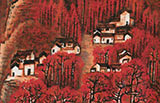

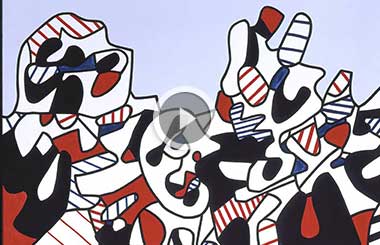


 Raymond Zhou:
Raymond Zhou: Pauline D Loh:
Pauline D Loh: Hot Pot
Hot Pot Eco China
Eco China China Dream
China Dream China Face
China Face

